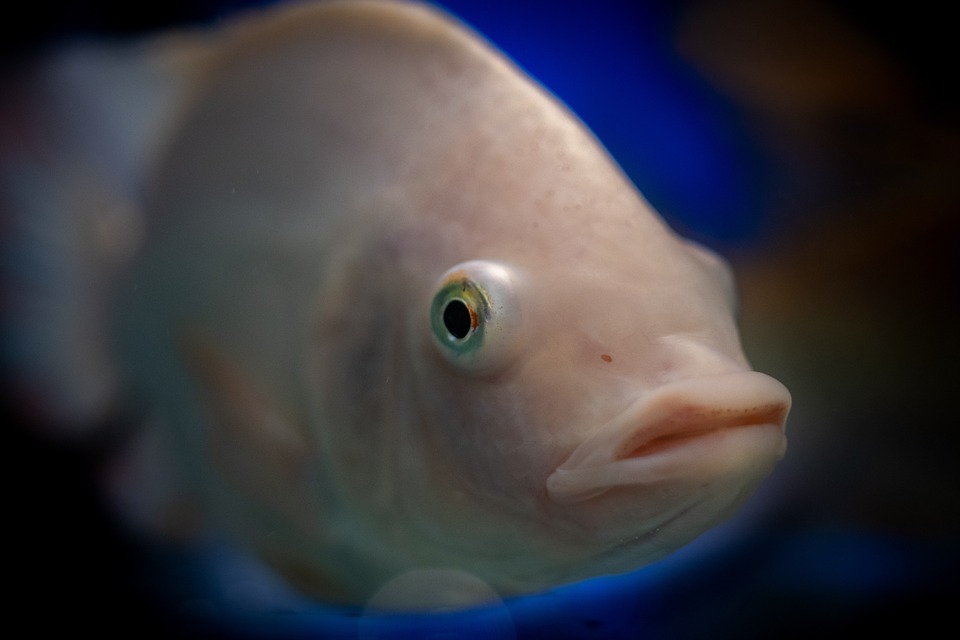In recent years, the importance of disease-resistant fish in aquaculture has gained significant attention. As fish health is crucial to the success of any aquaculture operation, understanding the factors that contribute to disease resistance is vital. One such factor that plays a significant role in fish health is foraging behavior. In this article, we will delve into the insights into foraging behavior in disease-resistant fish and how it impacts their overall health and resistance to diseases.
Disease resistance in fish refers to their ability to withstand and fight off pathogens and diseases. It is an essential characteristic for fish in aquaculture settings as disease outbreaks can lead to significant economic losses. Disease-resistant fish are more likely to survive and thrive in challenging environments, reducing the need for antibiotics and other disease management interventions.
Foraging behavior, or the way fish search for and consume food, has been found to be closely linked to disease resistance. Fish with optimal foraging behavior are more likely to have a stronger immune system and be better equipped to fight off diseases. This is because foraging behavior influences factors such as energy intake, nutrient acquisition, and overall physiological condition.
Optimal foraging behavior in fish is characterized by active feeding, efficient prey selection, and a diverse diet. Active feeders tend to have higher energy reserves, which can be crucial during periods of stress or disease. Efficient prey selection ensures that fish consume a balanced diet, rich in essential nutrients, and avoid potential sources of pathogens. A diverse diet helps to strengthen the immune system by providing a wide array of nutrients and bioactive compounds.
Several factors influence foraging behavior in fish. Environmental factors such as water quality, temperature, and habitat conditions can significantly impact foraging behavior. Fish tend to exhibit different foraging strategies in response to environmental cues, such as the availability and distribution of prey. Genetic factors also play a role in foraging behavior, as certain fish species or strains may have inherent preferences for specific prey types or feeding strategies. Additionally, social interactions among fish can influence foraging behavior, as dominant individuals may have preferential access to food resources.
Foraging behavior is closely linked to the immune system in fish. Fish with optimal foraging behavior are more likely to have a robust immune system, capable of mounting an effective defense against pathogens and diseases. For example, active feeding and efficient prey selection can help fish acquire essential nutrients, vitamins, and minerals that support immune function. A diverse diet can also provide bioactive compounds with antimicrobial properties, further enhancing disease resistance.
In aquaculture settings, understanding the relationship between foraging behavior and disease resistance has important implications for disease management. By optimizing environmental conditions, such as maintaining optimal water quality and providing a suitable habitat, aquaculturists can promote optimal foraging behavior and enhance disease resistance in fish. Additionally, developing disease-resistant fish strains through selective breeding or genetic modification techniques can contribute to improved foraging behavior and overall fish health.
Monitoring and evaluating foraging behavior in aquaculture settings can be done using various methods. Video analysis, underwater cameras, and automated feeding systems can be used to observe and assess foraging behavior in fish. These tools help in monitoring feeding rates, prey selection, and overall feeding efficiency, providing valuable data for disease management and aquaculture optimization.
In conclusion, understanding the relationship between foraging behavior and disease resistance in fish provides valuable insights for aquaculture management. By optimizing environmental conditions, promoting natural feeding behaviors, and developing disease-resistant fish strains, the aquaculture industry can enhance fish health, reduce disease outbreaks, and ensure sustainable production. Continued research in this field will unlock further knowledge and strategies to improve disease resistance in fish and contribute to the growth of the aquaculture sector.









